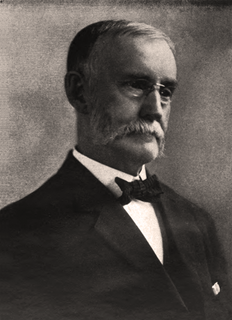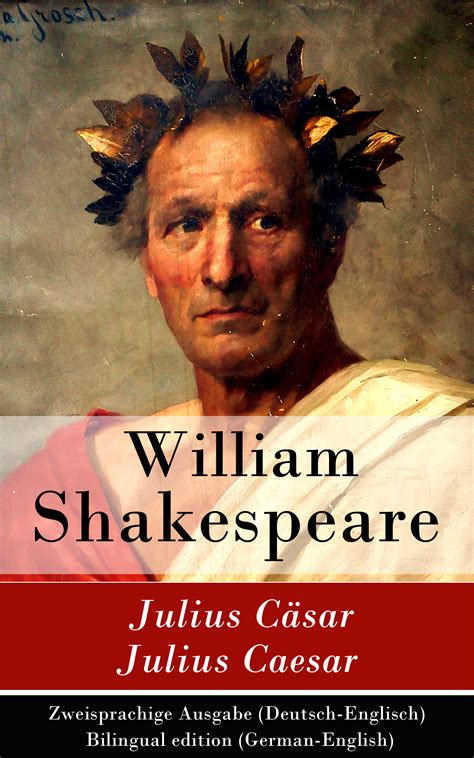A Quote by Julio Cortazar
Memory weaves and traps us at the same time according to a scheme in which we do not participate: we should never speak of our memory, for it is anything but ours; it works on its own terms, it assists us while deceiving us or perhaps deceives up to assist us.
Related Quotes
Memory is a dead thing. Memory is not truth and cannot ever be, because truth is always alive, truth is life; memory is persistence of that which is no more. It is living in ghost world, but it contains us, it is our prison. In fact it is us. Memory creates the knot, the complex called the I and the ego
But pain may be a gift to us. Remember, after all, that pain is one of the ways we register in memory the things that vanish, that are taken away. We fix them in our minds forever by yearning, by pain, by crying out. Pain, the pain that seems unbearable at the time, is memory's first imprinting step, the cornerstone of the temple we erect inside us in memory of the dead. Pain is part of memory, and memory is a God-given gift.
It seems to me, that this, too, is how memory works. What we remember of what was done to us shapes our view, molds us, sets our stance. But what we remember is past, it no longer exists, and yet we hold on to it, live by it, surrender so much control to it. What do we become when we put down the scripts written by history and memory, when each person before us can be seen free of the cultural or personal narrative we've inherited or devised? When we, ourselves, can taste that freedom.
A blessed thing it is to have a friend; one human soul whom we can trust utterly; who knows the best and worst of us, and who loves us in spite of all our faults; who will speak the honest truth to us, while the world flatters us to our face, and laughs at us behind our back; who will give us counsel and reproof in a day of prosperity and self-conceit; but who, again, will comfort and encourage us in days of difficulty and sorrow, when the world leaves us alone to fight our own battle as we can.
As he loves us, he would have us love others. We say men are not worthy of such friendships. True, they are not. Neither are we worthy of Christ's wondrous love for us. But Christ loves us-not according to our worthiness-but according to the riches of his own loving heart! So should it be with our giving of friendship-not as the person deserves-but after the measure of our own character.
We live with such easy assumptions, don't we? For instance, that memory equals events plus time. But it's all much odder than this. Who was it said that memory is what we thought we'd forgotten? And it ought to be obvious to us that time doesn't act as a fixative, rather as a solvent. But it's not convenient--- it's not useful--- to believe this; it doesn't help us get on with our lives; so we ignore it.
In spiritual life there is no room for compromise. Awakening is not negotiable; we cannot bargain to hold on to things that please us while relinquishing things that do not matter to us. A lukewarm yearning for awakening is not enough to sustain us through the difficulties involved in letting go. It is important to understand that anything that can be lost was never truly ours, anything that we deeply cling to only imprisons us.




































